"Our imagination knows its way around in it, and since the television series Holocaust and movies like Sophie's Choice and especially Schindler's List, actually moves in it, not just registering, but supplementing and embellishing it. Back then, the imagination was almost static: the shattering fact of the world of camps seem properly beyond its operations." (Page 148)
I found this passage to be one the most intriguing perspective on motion graphic media and how technology has changed the way we reenact memories. Many movies always contain some background historical context of the setting in the very beginning of the movie, or sometimes in the transition between two different scenes. Even if I hadn't lived during World War I or World War II, cinematography can to an extent make you relive history. In my history class last year, I did watch Schindler's List and I found it very chilling to observe the actors playing different roles of the World War II society. I could feel the suffering, the fear of the helpless prisoners, the heartless generals/officers who shot people for their own pleasure. Now that I reflect upon the movie, I could understand what Michael actually means when he talks about the numbness. Everyone in the movie was pretty much lost in their own world and their faces show a lack of emotion because they've reached to the point when they longer fear their situation and they're just waiting for everything to end. It's an endless routine of exhaustion and even those who were responsible for the genocide, didn't view the prisoners as human beings and I don't think they considered themselves human beings either. A piece of their humanity was lost and I could imagine how hard it was when World War II was over to actually look back and gain awareness of all the suffering.
If I hadn't watched the movie and was only limited to imagining the situation based on written records or maybe a few rare photographs of the events, I wonder if my imagination could capture the same intensity as watching the movie. No matter to what extent you try to imagine the events, I don't think it could give the same effect as watching it come to life.
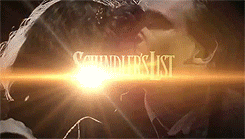
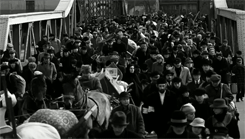
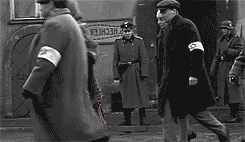
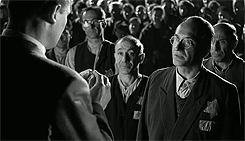
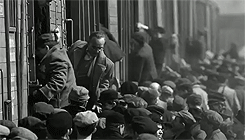
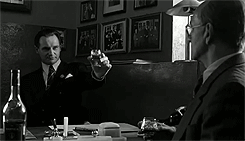
Hi Ameera, that's a great reflection on watching Schindler's List! I wonder if Michael Berg is a little critical of these movies and tv shows-- it almost sounds like Michael sees them as replacing the real memories with these Hollywood images--images from our imagination as opposed to images based in historical reality.
ReplyDeleteIt was very interesting that you noticed the media's portrayal of the holocaust served as a very realistic reminder for most German citizens who wanted to forget the past. In a way, these movie's might even be responsible for the guilt and shame felt by the second generation. Like Juliana said (during the Socratic Seminar), humans have a maximum capability to care for people so when we see photographs upon photographs of the holocaust, they become cliches. However, with a movie, the audience is hit with full impact of what actually happened during the holocaust. It is also possible that their memories, feelings, or opinions might have been affected by movie's such as Schindler's List or Sophie's Choice.
ReplyDelete